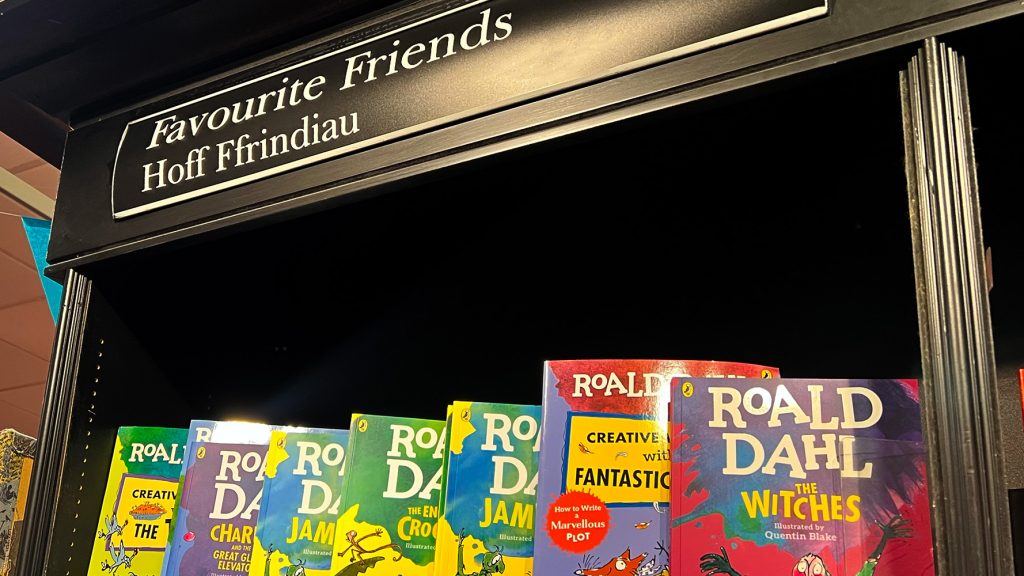Publisher decided to remove offensive words from Roald Dahl’s works, a move that divided opinions.
The recent steps to remove words such as fat and ugly were undertaken by the Puffin publishers and have been criticised by Salmon Rushdie and Rishi Sunak.
Debjani Chatterjee, a poet and author, says that it is “a very good thing that the publishers are reviewing his work”, “it’s been done quite sensitively,” she said to the BBC World Service.
Professor Damien Walford-Davies of Cardiff university has dedicated a lot of his time to researching Roald Dahl’s significance in to Wales. He sees Roald Dahl’s work as a reflection of Welsh culture and traditions, but also as a product of its time, with all of the complexities and contradictions that this entails.

“Dahl’s own family history, combined with the diverse community in which he grew up, may have led him to develop a kind of irreverent, resilient humor that is so typical of Welsh culture…
“At the same time, Dahl’s work reflects the prejudices and assumptions of his time, with some of his stories containing language and attitudes that would be seen as offensive today. It’s important to acknowledge these aspects of his work, while also recognizing the complexity and contradictions of the historical context in which they were created,” says Walford-Damien cautioning, that books represent the time they were written in.

“They (Dahl’s books) are still so popular, you know? I don’t know if they are popular everywhere, but they are popular in Cardiff,” says Colin Smith, the owner of the Bear Island book exchange in the Cardiff market. He says that the recent debate has boosted sales and fueled interest towards Dahl’s work among his customers.

